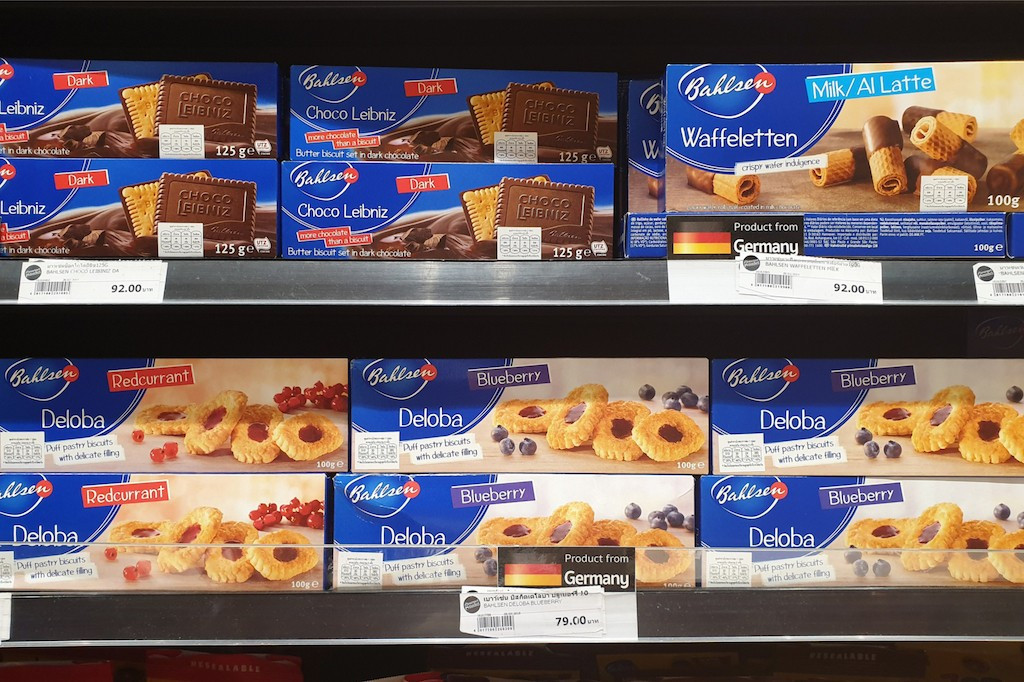After five years of investigations, the competition council has just issued its decision concerning the alleged agreement between Bahlsen and the three distributors Cactus, Auchan and Delhaize for their Luxembourg supermarkets. The three brands and the German biscuiteer are fined a total of €3.3m, the highest amount ever decided by the competition council.
“This is the most important decision that the competition council has ever taken, in terms of both content as well as amount of the fine,” confirms Pierre Barthelmé, council president.
Bahlsen is subject to the biggest fine--€1.5m in total–-while Cactus will also have to pay €1.38m, Auchan €246,500 and Delhaize €223,300, depending on the volume of products sold between 2011 and 2015, bearing in mind that the council has increased the fines against Auchan and Delhaize “as a deterrent because of the reputation of the two brands on a global level”. These fines will be “paid to the state budget and thus reduce the burden on the Luxembourg taxpayer,” the competition council said.
The issue in question: a price agreement for Bahlsen products that ran from 2011 to 2015. The investigation is based on an accidental finding by a competition council investigator who noticed that Bahlsen products were sold at the same price in several supermarkets across Luxembourg. He had identified this anomaly during the course of a study on prices sponsored by the economy ministry.
A type of agreement difficult to prove
The competition council then started conducting its investigation, searching the premises of Bahlsen in the summer of 2015. The company submitted a leniency request in the autumn of the same year, allowing it to receive milder treatment in return for its full cooperation. “The appointed advisor completed his investigation in 2019 and communicated the grievances to the affected parties,” Barthelmé says.
It turned out that Bahlsen was paying “financial counterparties, mainly in the form of discounts, to Auchan, Cactus and Delhaize in exchange for compliance with its so-called recommended selling prices (…) which in reality worked as imposed prices, to which the brands in question complied,” explains the competition council. Bahlsen ensured its revenues and distributors guaranteed their margins, while the consumer paid a higher price.
“This is a symbolic case,” explains Gabriel Bleser, lawyer at the court and president of the Luxembourg Association for the Study of Competition Law. “It is good that the competition council penalised the undertakings in question because the consumer suffered real harm.”
The case also comes after several others that the competition council had to dismiss for lack of proof of an agreement, as in the Luxlait case. It also indicates that the competition council has chosen to disclose the names of the companies concerned as of 2019. “The investigation was over,” Barthelmé says. “We were inspired by the European Commission, which communicates on files when it finds infringements. It’s also a question of advocacy: it can make other companies aware of the consequences of following such an agreement.” The principle of “name and shame” is gradually gaining ground, even in Luxembourg, as evidenced by the practices of the financial watchdog CSSF over the past two years.
This article was originally published in French on Paperjam.lu and translated and edited for Delano.
